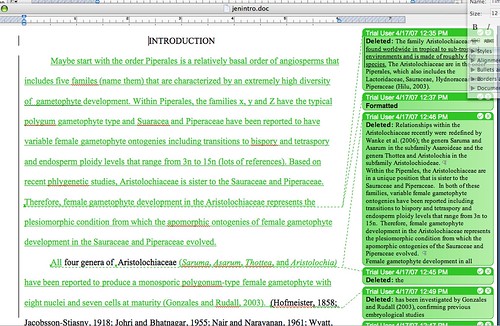Last week I mentioned I would talk about countertransference. To understand what countertransference is, though, you have to understand what transference is. Freud was the one to coin both these terms. Transference was thought to be the patient's emotional reaction to the therapist (a present relationship) based on unresolved, early family relationships in the past.
By default, then, countertransference is the opposite of that: emotional reaction on the part of the therapist to a patient in treatment. I like the original meaning of thes word (from Freud) than the more broader generalizations it carries now. Originally, Freud said that countertransference came about not because of the patient's personality traits (they are sulky or beligerant) or disorders (think too highly of themselves or are annoying because they worry about everything. No, he said it originated from the therapist's own unresolved conflicts.
Ah-ha!! Gold mind for digging deeper into our own psyches as writers! From Freud's perspective (and no, I'm not a Freudian therapist...but he had some interesting theories), the therapist's conflicts were unconscious, yet tapped into by something about the patient. For example, one woman might remind a male therapist of his mother or ex-wife. A young high school student about to enter college might reflect the therapist's own child at that stage in life.
What does this mean for our manuscripts? I honestly beleive that our unconcious conflicts play a much greater role in our writing than even we know. Why do we write what we do? Why do we chose this character, with red hair and brown eyes, over another? Why this quirk over that one? Why this particular backstory and not something else?
I think if you look hard enough, or maybe not even hard at all, you'll see little bits or yourself in each character. You'll see a pet peeve you have reflected on the page of a secondary character and it makes you smile as you use the medium of your writing to really jab at people who drive to slow on the left lane. You'll see anger issues about the same thing you have anger issues about. You'll see a character description that is exactly like the friend who moved away in eigth grade who you still think abotu and wonder what became of her. You'll see real-life issues like divorce, adoption, abuse, adultery and other heavy-hitters because you or someone you know went through it.
I did a whole series of posts on why we write to heal, starting here. And I think that's where our countertransference comes in. The transference isn't necessarily to the writing itself, but more o the characters. Have you ever written in a character you loved to loathe? What about one that made you cry out of compassion for the things YOU YOURSELF were putting her through? Really...what's that about? A sadistic impulse for your character? Or a masochistic one for you as a writer?
Q4U: What are your thoughts about countertransference with your characters? Do you see it happening in your books, or do you think I'm a quack (which I am, folks)?

































